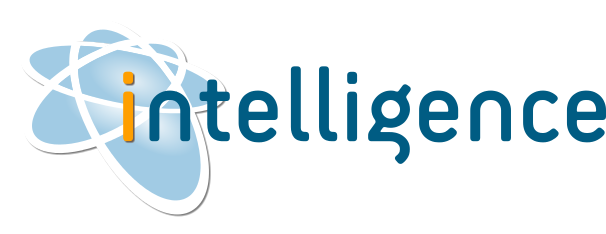It is a surprise to me that Sourcing with Facebook is not more common. It seems that most recruiters turn first to job boards or LinkedIn or maybe even their own database before venturing further into the many other internet resources available. Perhaps these traditional routes offer low hanging fruit, but we all know that valuable (Passive) candidates can be found elsewhere. This means Facebook should be considered a primary resource.
Facebook is important because of its size. But considering the richness of data that its users record about themselves, it is hard to believe that it is not better utilized within the Recruitment Community.
Perhaps it is because a Facebook profile does not look like a resume. Or perhaps people often don’t say what their job is. This could be why Facebook is often overlooked. However, for me, these are just excuses. The fact that it is not obvious how to source on Facebook is all the more reason that Sourcers should learn the skills and techniques to do so.
When sourcing anywhere on the Internet, and particularly on Facebook, I first imagine the person I’m looking for and what it is that may lead me to them. Someone may mention a company name in their profile. It is, however, perhaps more likely that their Facebook page will reflect their interaction with that company in lots of different ways. They may appear in photos of corporate events. Maybe they have friends in the company. They may like the company Facebook page. Or they may be members of Facebook groups related to their job.
Facebook Graph Search
Facebook users who have their Language setting set to English(US) have access to Facebook Graph Search. This is a massively powerful search engine of all the data within Facebook. Facebook represents people, companies, groups, and even concepts are represented on Facebook by different types of Pages. Every time a user does something on Facebook, it creates a relationship between that user and the other thing they have liked or friended or interacted with. All these pages and the relationships between them are searchable and provide a massive freely available resource to recruiters.
As a demonstration, I’ve recorded a video explaining one technique to map the staff in a particular company. Initially, I look for the people Facebook knows work there by their employment information. But by running further searches for these people’s friends, I am able to find many more staff and so build a talent map of the company.
